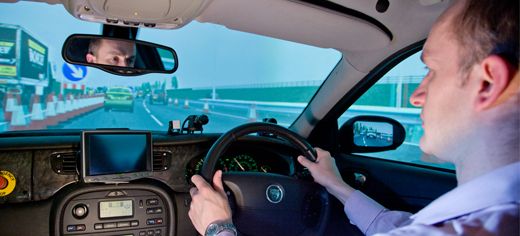
In the fast lane: Why we steer the way we do
The way we drive could help us understand how animals make their way.

The way we drive could help us understand how animals make their way.
University of Leeds Council statement: Fossil Fuels

Children from the age of seven are being encouraged to aim for a place at University, by attending after-school classes at a new centre in Beeston, Leeds.
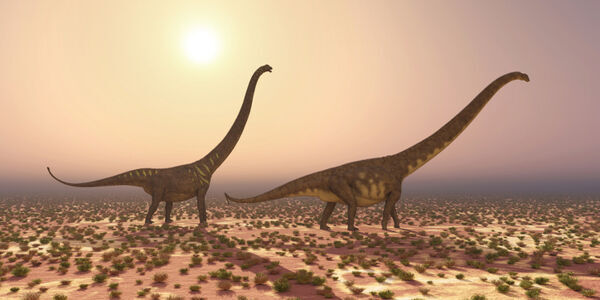
Researchers have used ‘network theory’ for the first time to visually depict the movement of dinosaurs around the world during the Mesozoic Era – including a curious exodus from Europe.
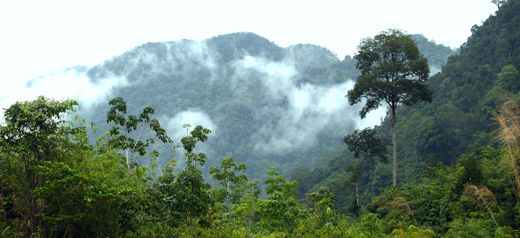
Large animals play a key role in mitigating climate change in tropical forests by spreading the seeds of large trees that have a high capacity to store carbon, new research has found.
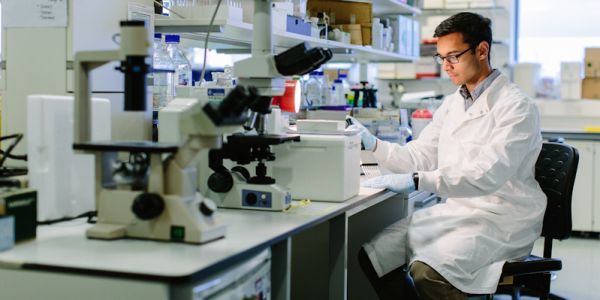
The significant impact of Leeds’ research will be showcased before judges from the Biotechnology and Biological Sciences Research Council (BBSRC) this week.

The White Rose University Consortium has launched a new office in Brussels as part of a long-term strategy to influence EU research policy.

A daily dose of vitamin D3 improves heart function in people with chronic heart failure, a five-year University of Leeds research project has found.
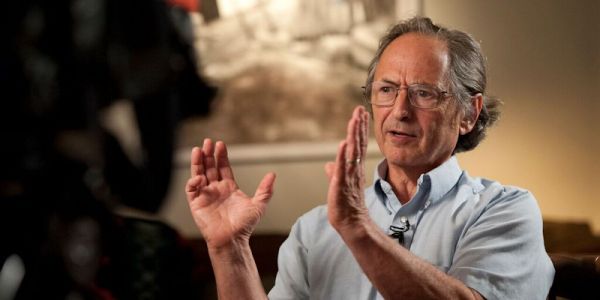
Nobel Laureate Professor Michael Levitt is to speak at the University on Tuesday 12 April as part of the first ‘Astbury Conversation’.

A rediscovered play written in a Second World War ghetto is given a highly unusual setting later this month as part of a major project to highlight lost or forgotten Jewish music and theatre.